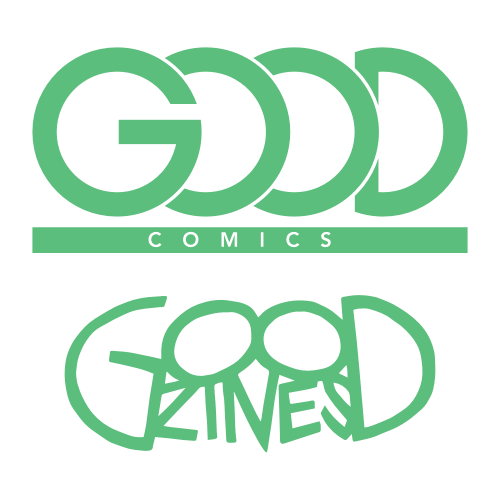
How do you publish and distribute comics during a pandemic? It seems like a Herculean task, to say the least. And yet, there are plenty of small press publishers out there doing just that, right now. One of these publishers is Good Comics. Good Comics is a UK-based independent publisher and distributor of comics, zines, and graphic novels. They are a team of three people: Paddy Johnston, Samuel C. Williams, and Rozi Hathaway.
Paddy and Sam launched Good Comics in 2015 with the first issue of the Dead Singers Society anthology zine, and since then they have added new talent in comics to their roster each year. After helping Paddy and Sam out behind the scenes for some time, Rozi joined them officially in 2018.
I thought I’d send them some questions about what publishing is like in these strange times, and they were kind enough to answer.
Out of all the things you could possibly be doing with your time, you all decided to publish comics. Why is that?
Paddy: The three of us were all comics creators and self-publishers before we got together to start publishing other people’s work, and we all met through comics. Sam and I met online – I think it was through Twitter, though Sam may correct me (Ed-Sam, This is correct. I maintain that Twitter is an absolute cesspit for the most part, but I have managed to make two of the best friends a guy could ask for from it) – and we talked a lot about the UK scene. There was, and still is, a great energy to the UK scene and there are so many amazing people in it, but we also noticed that we were struggling to reach people as self-publishers.
Initially, Good Comics was the two of us pooling resources, but we launched with an anthology (Dead Singers Society Volume 1) and we quickly realized that it was a great feeling to bring the work of up and coming comics creators to a wider audience and to help people to get their work into print. Self-publishing is really hard and having experienced this first hand, we wanted to get together to help people get their work out there. Which sounds obvious, but it’s a particular response to how much of the comics scene is made up of people who self-publish, and people who benefit from having small publishers like us getting their work into print.
Sam: Our 5 years of publishing really started with Paddy and I forming a sort of alliance to make the idea of doing shows less scary. Beginning with that first show together (Thought Bubble 2016), we have essentially been trying to do the same thing for ourselves and other people. Encouraging people to make the work that they want to and trying to facilitate that for them. It’s also way easier to sell other people’s work that you are passionate about than your own comics.
Paddy: I can confirm that this is true, and also that shows are scary. If Halloween was happening this year, maybe I’d dress up as a comics convention.
Rozi: I joined in the fun because I was already helping out with bits here and there, and it just kind of made sense. It’s also a lot of work for two people, even without a crowdfunding campaign! With the mammoth task of a Kickstarter, it means we’ve been able to delegate tasks out to work on both collaboratively and independently.
Sam: Rozi has injected a lot of much-needed organization to the operation, as well as being passionate about the work we have put out in the past and how we move forward.
Rozi: Spreadsheet is my middle name.
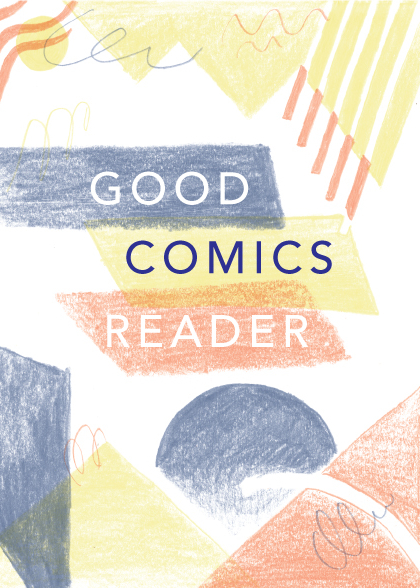
How has the world of comics publishing been impacted by the pandemic?
Paddy: I think it’s actually hard to overestimate the importance of cons and other things that happen in person to comics publishers – at least smaller ones like us, who still handle our own distribution and relationships with retailers. Comics, outside of the mainstream, is smaller than people think, and it relies so much on personal connections. These can be maintained in a purely digital space, but it’s not as easy, and not as fun when you can’t get together at conventions and unwind after a hard day’s selling behind a table at a dodgy karaoke bar. We were thinking of doing a Kickstarter anyway, but COVID has pushed us to do it sooner than we expected because it’s a perfect way of trying to move some of that offline stuff online. It’s something that works well in the digital space.
Rozi: We have our regulars who will always check out what we’re doing and pick up a copy online, but a good chunk of our sales are made through casual browsing and interactions at a comics show. I’ve had people completely glance over some books until they’ve been given the opportunity to thumb through it and ask some questions, and then they’re totally absorbed by the story. So for us, corongavonga has had a huge impact on our ability to bring new creators to new readers. It sucks, but it just means we have to think differently.
Sam: At the start of this year I was kind of fed up of doing shows and very tentative about us having quite a busy schedule this year, but now all I want is to be able to hang out with all those people and buy some comics and be exhausted from standing up all day in a multipurpose events space. I even miss that one guy who asks me at every convention whether we’ve met before.
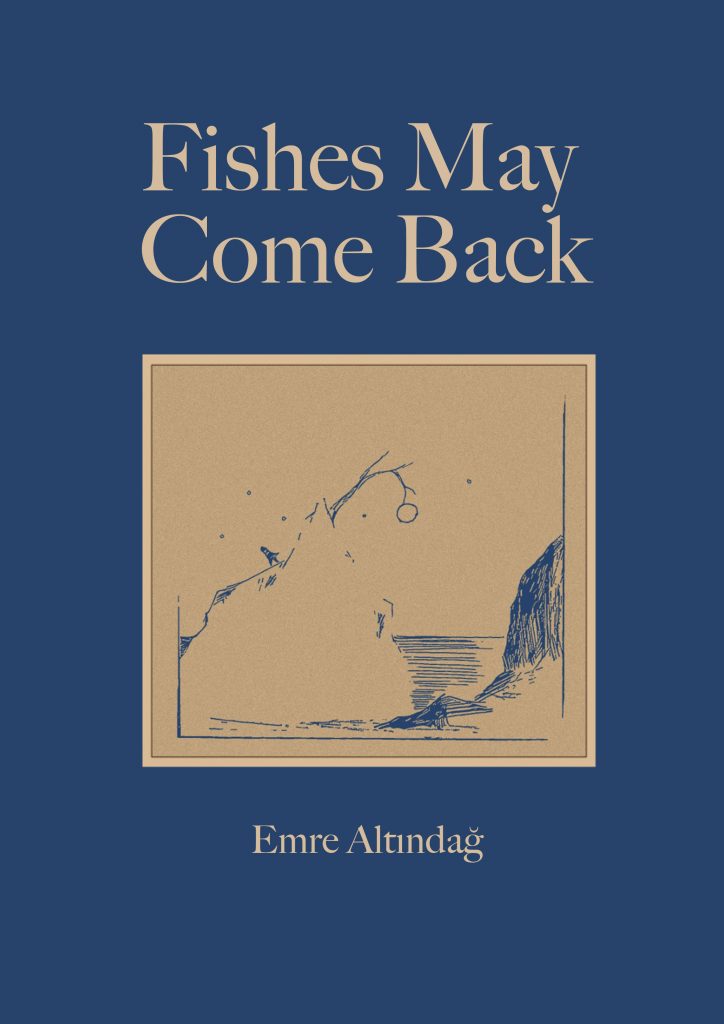
What would you say is the ethos of Good Comics? Are there particular types of books you look to publish? And how does this relate to your newest Kickstarter?
Paddy: We came up with the name partially as a joke. It came from me hearing someone shout the weird heckle ‘your band is good’ at a show of my friend’s band Tellison once. Maybe I misheard it, but that’s how the name came to be. But the name also fits what we do and our approach in many ways. We want to publish comics that are good. To us, this means finding creators who might be new to comics or need help getting their work into print, but also creators who have a unique voice and who really have important things to say with their work. We’re not overly prescriptive about form or genre (though our submission guidelines do specify ‘no shooty-fighty’), but the three of us know what makes us tick, and we also have different tastes between the three of us. Part of publishing is always to do with personal taste, but we have an understanding between us of what a good comic is, and it usually tells a unique story with a unique voice.
In relation to our Kickstarter, we’ve put together a lineup that we’re really proud of, with books that we’re so excited to share. My personal highlight is Fishes May Come Back, which is a silent comic from a debut artist, Emre Altındağ. It probably sounds highfalutin to say that there’s poetry in his linework, but that’s how it seemed to me when I first read it, and those are the kinds of books I want to publish. The Kickstarter is a chance for us to do this on a bigger scale than we’ve done before.
Rozi: I don’t even know what highfalutin means. But yes, we’re keen to get people’s names out there who don’t have the resources or ability to do it themselves. The UK comics scene can be a wonderful community, but it can also be hard to break into, so we really want to push the right people into the spotlight and give them the chance to have their voices heard.
Sam: I feel like the books we are publishing in the Kickstarter are a perfect example of the books we are interested in publishing. I think they are all books that at their core have the personality of their creators and they are sharing interesting, challenging stories and showcasing the ways that comics can be used to tell stories.
I think we have been doing this long enough that we know almost straight away if a comic is a Good Comic, but I am not sure that I could tell you exactly what it is that we are looking for. We know it when we see it.
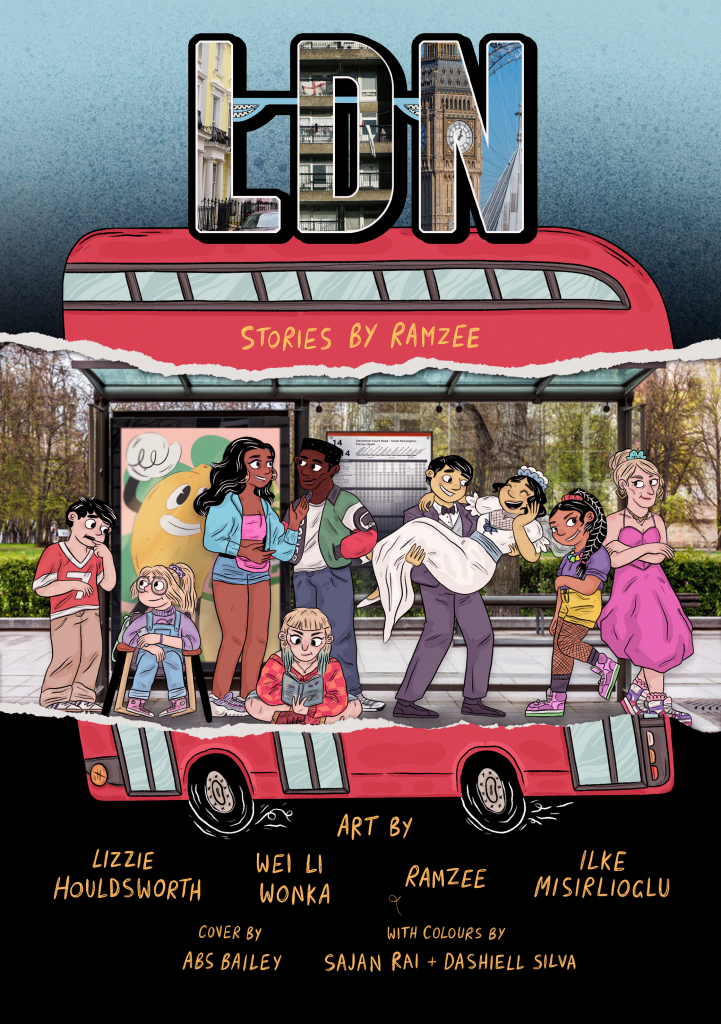
What is it like working on a major project like this during the COVID-19 pandemic? Has anything changed about your process or your planning?
Sam: I think the way that we work hasn’t actually changed that much, we live in different places so most of what we do is done through Slack. The start of the pandemic certainly caused us to really rethink what we wanted to do going forward, but once we decided on moving ahead with the Kickstarter it has just been a case of us being busier than usual. Our important work talk to baseball GIFs ratio has definitely suffered, which is a shame.
Paddy: If anything, I think it’s made us get more organized, as we’ve known from the start that this would be a big project that we’d need to invest a lot of time and energy into. We’ve been lucky with our day jobs I guess, which have allowed us to work from home most of the time (or all of the time in my case), which makes things easier to work around and has actually helped us develop the mad skillz for being organized in a virtual space. We probably actually check in with each other more. There are definitely more spreadsheets.
Rozi: As previously discussed, I head up the spreadsheet department so I’m 100% on board with this. In some ways the pandemic and working from home has meant we’ve been able to communicate more throughout the day, and pick up small parts of a project here and there. However, it has slightly blurred the work/life balance, as it’s hard to walk away when there’s so much to do. I’ve managed to level this imbalance out by doing a lot of the graphic design work for the Kickstarter campaign whilst binge-watching episodes of Buffy the Vampire Slayer.
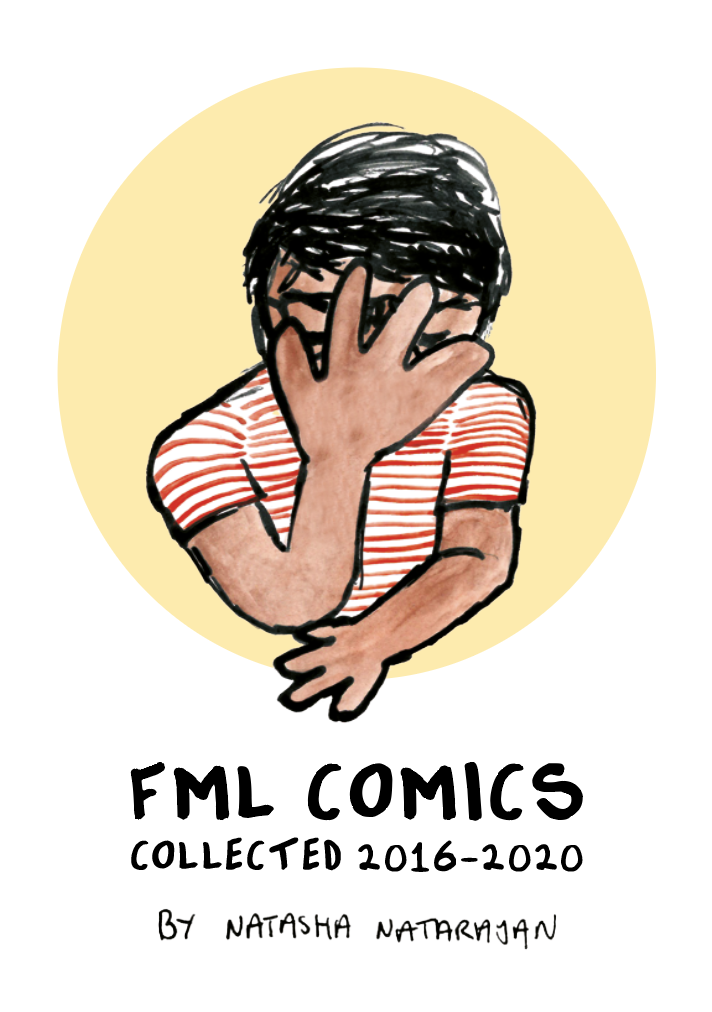
What do you think the world of small press comics looks like when this pandemic is all said and done? What role do you think small presses like yours have in the aftermath of all of this?
Rozi: I think everyone will be desperate to get out to conventions again!! As the UK scene is so small already, my hope is that the pandemic won’t do us too much harm. Sam, Paddy, and I are all working full-time day jobs whilst running Good Comics, and we’ve self-funded if we’ve had to, so I don’t see that changing for us. If anything, there will be more people with more interesting stories to tell.
Sam: I really don’t know what the world looks like after this; I think that it’s going to be a real gradual process. It’s been encouraging to see people come up with ways of doing shows or other events online and I imagine that sort of thing will continue for the foreseeable future. For us, it may be a case of relying more heavily on crowdfunding and maybe trying to find new ways of building/maintaining an audience and promoting our books.
Paddy: I agree with both Rozi and Sam here – there will be a huge rush to get back to physical events, but as we’ve now had more investment in virtual events and doing things in the virtual space, I suspect we’ll also see those things continue, in a diminished way. We may see more of a balance between the two things, which I think will actually be a really good thing because it means we can think more globally. Although there will always be a UK scene that we’re part of, we want to publish creators from all around the world and to reach people all around the world too, and I think we might see better reach for small presses in future, when this whole shitshow is over. Our role as a small press, though, probably won’t change. It’ll be the same as it always was, which is to find and develop new talent and to publish comics that are good.
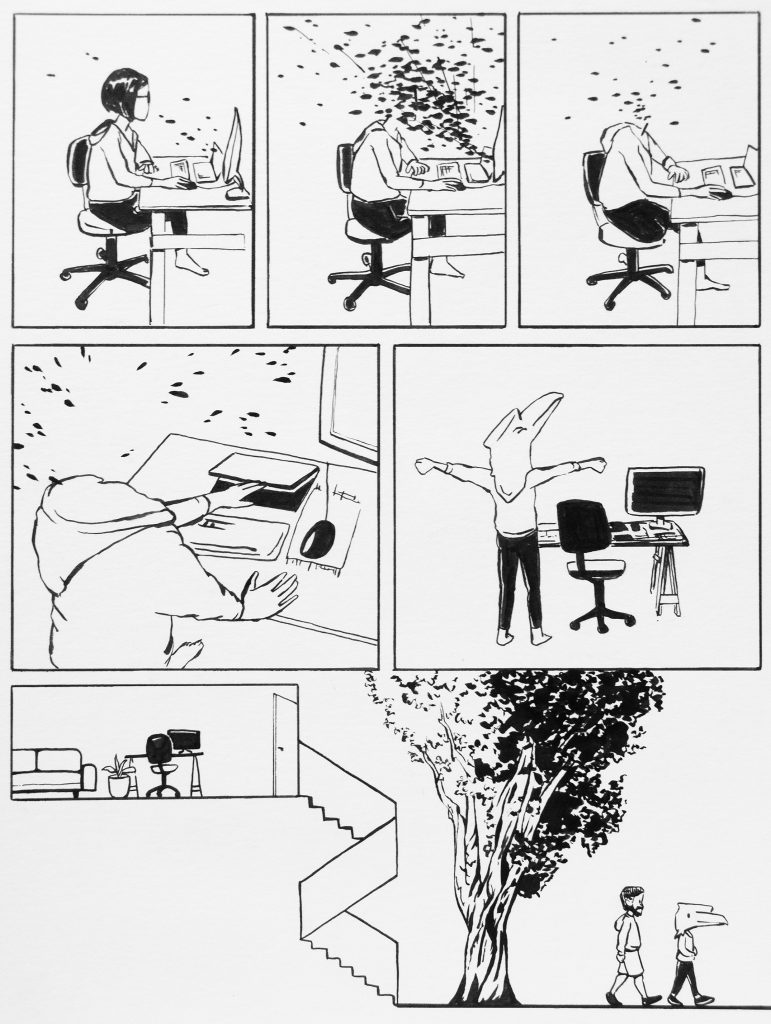
How do you all find the people you work with? Do you offer mentoring or other services to those people?
Rozi: It really depends. Two of our creators for the Kickstarter approached us directly, but the other two we’ve had a longer-term relationship with. We’ve been interested in publishing Niki’s work for a while now, and we’ve been distributing her co-authored Grandmother’s Tales online and at conventions. RAMZEE is also someone we’ve been talking to for a while now, and have been working on the idea of publishing his next work for at least a couple of years. And yeah, we absolutely mentor people if we feel they need it. Two of our new cohort have had direct mentoring and editing from us to really push their comics to be the best they can be, and we’re incredibly proud of how they’ve turned out.
Sam: One thing we have tried to do is be more actively involved in the creation of the work and giving feedback during its creation. We want to share our knowledge and experience with creators to realize the full potential of their work. From my experience working with an editor, I was lucky enough to work with Mike Medaglia on my book At War With Yourself, and it was really rewarding to have guidance and a different point of view.
Paddy: Mentoring and offering editorial input is important to us as well, and as part of the Good Comics ethos we do try to offer advice and help in any way we can. An important part of this ethos is also helping people to do other things in comics and art, and we support our creators in whatever they want to do with their work. Some of our creators have gone on to be published by much bigger publishers than us, and we’re happy with that too.
Are you considering inequities or other historical considerations (for example, working with cartoonists of color and LGBTQ+ cartoonists) as you determine your publishing slate?
Rozi: For us, the whiteness of the UK comics scene has reached critical levels, and in the past couple of years we’ve felt it imperative to promote new and underrepresented voices. We’re totally aware of being white and privileged ourselves, so to be ‘Good Comics’ means making the conscious decision to make sure we’re championing diverse voices. When I brought out Cosmos & Other Stories with Good Comics in 2017 I didn’t need to be published – I had a day job and the exposure through previous work, meaning I could have absolutely self-published. It was really nice to do, but an example of a situation we’re not planning to repeat. We want to push people who haven’t had the entitlements that we have, and that deserve to be heard regardless of their background.
Paddy: We have been actively seeking diverse voices for some time. This was really important to all three of us when putting the Kickstarter together, and I’m really pleased with how it’s come together and the creators who are part of it. I think they all bring a brilliant perspective to the comics scene and, most importantly, they have brilliant stories to tell.
Sam: As a part of the scene we have a responsibility to make sure that we are putting our resources into publishing people who are underrepresented and to making sure the comics scene is inclusive. This is absolutely something that we consider, and that’s important to us with the Kickstarter as well.
Thanks so much for your time and your words. Any last thoughts you’d like to leave with?
All: Thanks so much for having us! We’d just like to say that by backing our Kickstarter, you’re making a great contribution to independent comics and you’re helping to bring amazing stories into print. Good is contagious: helping us to make good comics makes you good too. We’re really excited about these new books and we can’t wait to get them into the hands of comics readers.
Beyond this, we’d just like to reiterate how important it is to support your scenes, and the work of artists, as much as you can in these weird times. Amplify the work of people who are telling interesting stories and challenging what comics is and what comics can be.
If you’d like to find out more about Good Comics, you can go to their website, follow them on Twitter or Instagram, or have a look at this presentation, which they gave at the Laydeez Do Comics festival in 2020.
SOLRAD is made possible by the generous donations of readers like you. Support our Patreon campaign, or make a tax-deductible donation to our publisher, Fieldmouse Press, today.

Leave a Reply